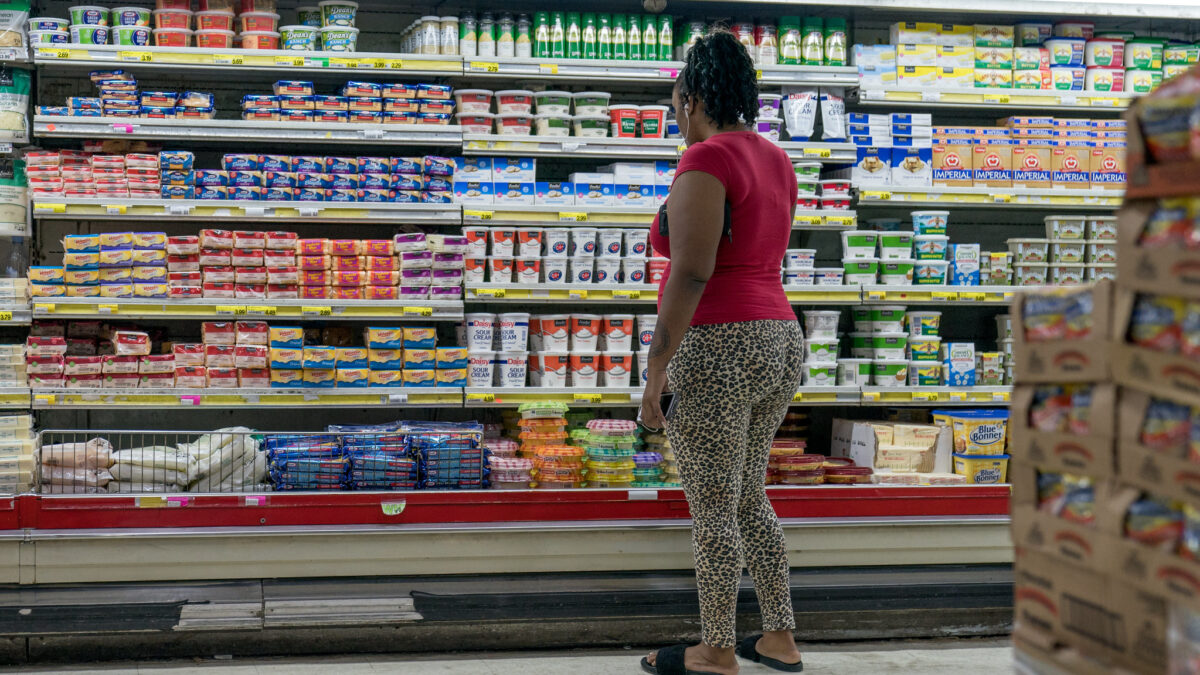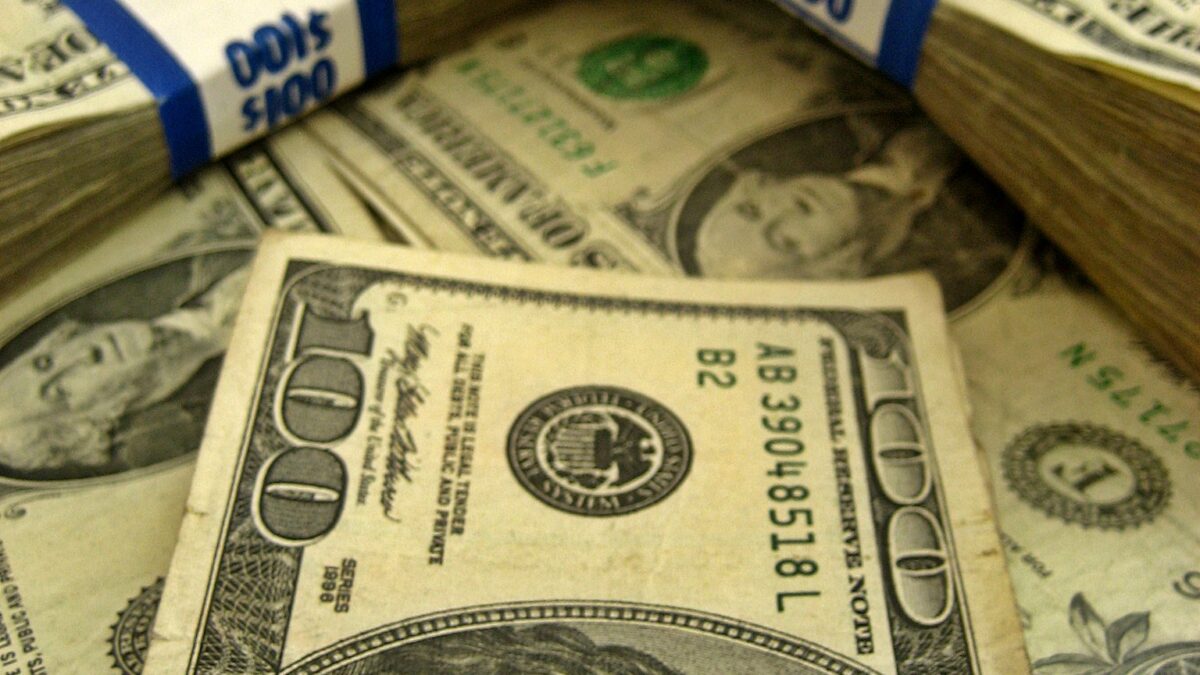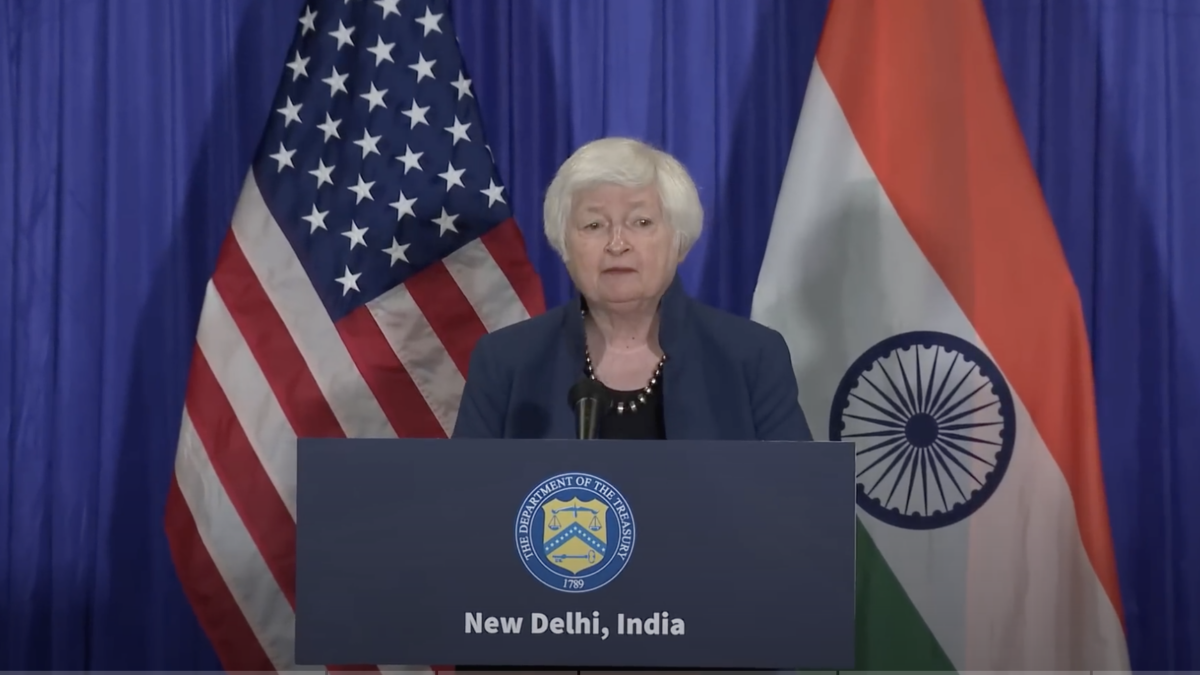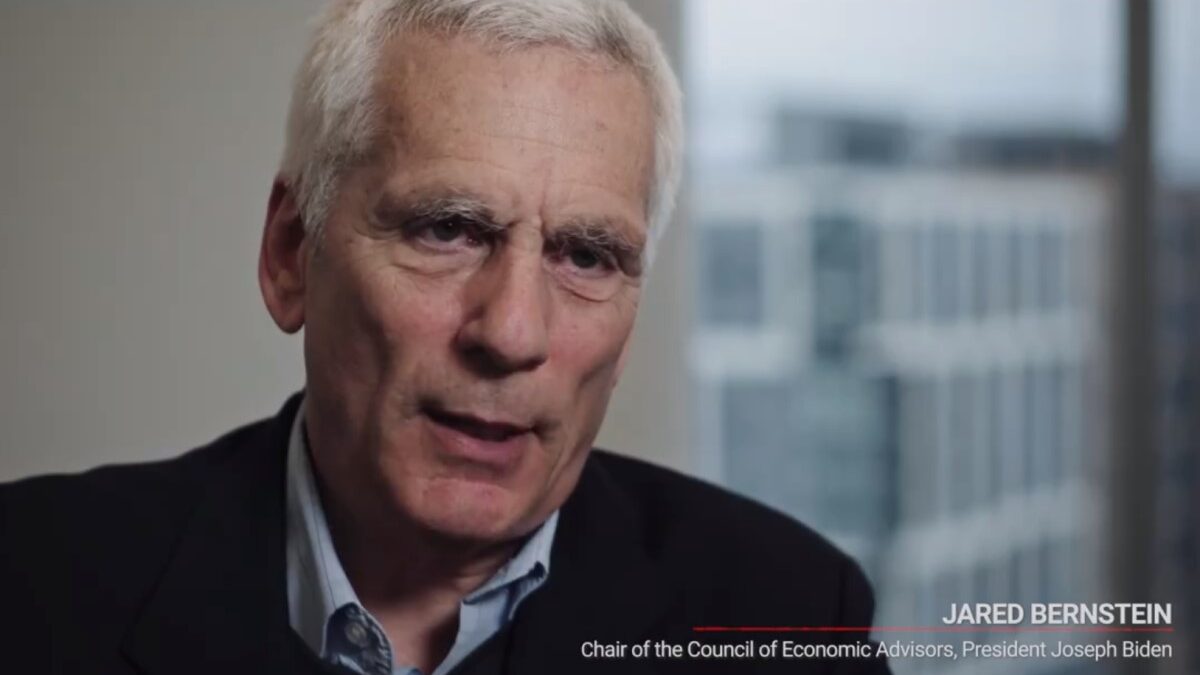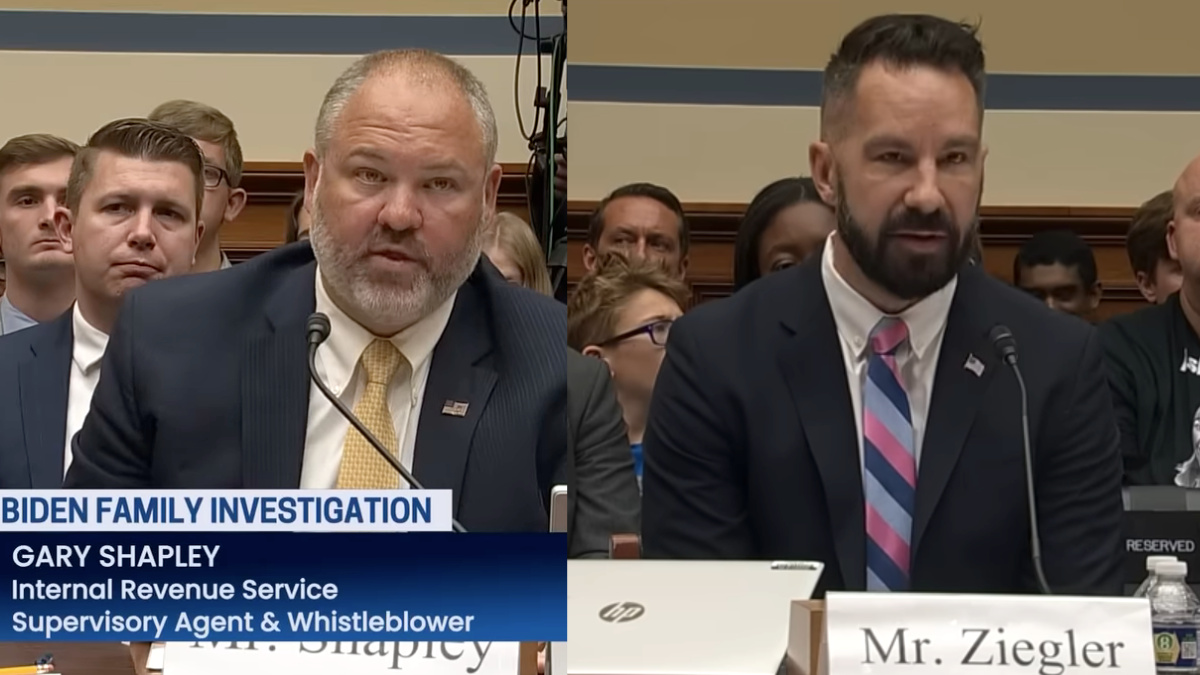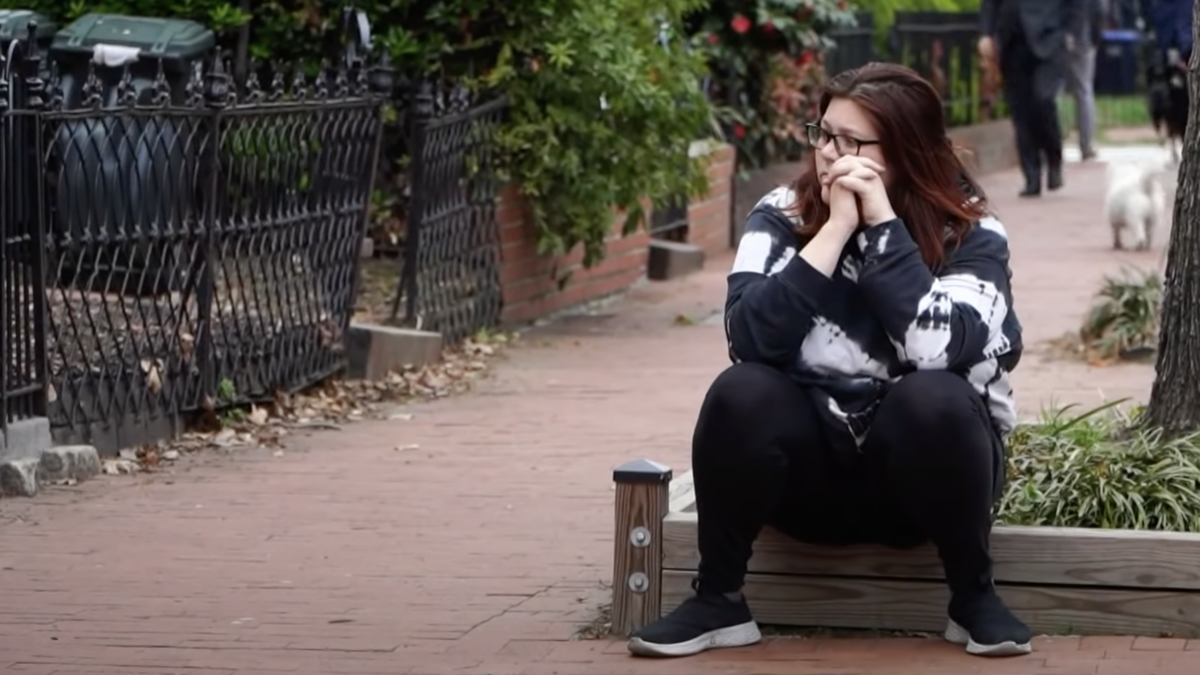When covering the political persistence of “Bidenflation,” I’ve noted that economists keep wondering why opinion polls continue to show the American people are sour on an economy that continues to create jobs. Ultimately, the question in many ways comes down to one’s economic perspective and the fact that the so-called “experts” live far different lives than the people surveyed by most opinion polls.
A column earlier this year by perhaps the paragon of liberal economic opinion shows the not-so-subtle snobbery behind the failure to take families’ inflation concerns seriously. It also explains why Americans’ economic insecurities could result in a political bloodbath for the left come November.
New York Times Elitism
In late February, The New York Times’ Paul Krugman dedicated a newsletter commentary to grocery prices. Citing Bureau of Labor Statistics data, he claimed that “prices of groceries for home consumption rose 19.6 percent between January 2021 and January 2023, then another 1.2 percent over the following year. Yes, grocery prices are up a lot, but not nearly as much as some people claim, and the big surge is behind us.”
In a typically flippant manner, Krugman then went on to inveigh against “the vehemence — and sheer silliness — of the grocery truthers,” analyzing the cost of goods at Walmart versus official Bureau of Labor Statistics data. His results, in graphical form:

In trying to rebut what he describes as “ad hominem attacks” by commenters that claim “grocery prices have doubled under President Biden and are still soaring,” Krugman totally missed the forest for the trees. Whether ordinary citizens know the specifics of whether grocery prices have gone up by 10 percent, 110 percent, or 1,000 percent, they recognize that prices have gone up by more than they can afford.
Krugman tacitly admitted this with his column’s self-owns. Start with the visual evidence he offered, in the form of a Federal Reserve chart of BLS data, to claim that grocery prices “are up a lot, but not nearly as much as some people claim, and the big surge is behind us:”

Yes, the increases have tailed off in the past few months. But the chart shows a huge increase from the middle of 2021 through early 2023. Not exactly a reason for most families to break out the Champagne and celebrate (not least because Champagne prices went up by double digits last year alone).
Again, remember Krugman has argued that because grocery prices “only” went up by 20 percent from 2019 through 2022, people should follow the message of “Obi-Wan Kenobi in reverse: Look, don’t trust your feelings.” But to most families, a 20-plus percent increase in grocery prices over three years is huge. My income certainly didn’t go up 20 percent in three years, and I’m guessing that holds true for most families as well.
Paul Krugman Is Different
And to most families, it’s not a question of their feelings about how much prices have gone up, it’s about outcomes — not being able to afford a vacation, pay for car repairs, or find a first home now that mortgage rates have gone through the roof. Krugman admits he doesn’t have these problems:
I also sometimes think about what I paid for roughly the same stuff three years ago, and the truth is that I have no idea. I know that it was less, but off the top of my head I can’t tell you by what percentage. And if you say you can, forgive me for having doubts.
First of all, this shopper pays careful attention to prices at the grocery store. I noticed (as did media outlets) when Trader Joe’s raised the price of its bananas from 19 cents to 23 cents. I notice when stores go from having “buy two, get three free” sales (a 60 percent discount) to “buy one, get one free” sales (a 50 percent discount). And I know which items to buy at which grocery stores, such that I can save money by buying milk at Harris Teeter and not Safeway.
Paul Krugman cares little about these price variations, making him an economist seemingly unconcerned about the details of his own finances. It brings to mind the famous F. Scott Fitzgerald quote about the rich being different: “They possess and enjoy early, and it does something to them, makes them soft where we are hard. … They think, deep in their hearts, that they are better than we are because we had to discover the compensations and refuges of life for ourselves.”
Out of Touch
Although Fitzgerald applied his quote to the “very rich,” the disconnect between the merely affluent and more working-class families appears to have become more acute in recent years. Of all places, The Atlantic recently called out the “bastion of college-educated, upper-middle-class professionals” for not understanding the struggles of Americans in the heartland.
That article noted that the percentage of disposable income spent on food has grown to the highest share in three decades, and the poorest 20 percent of Americans (i.e., not Paul Krugman) spent nearly a third of their income on food in 2022. As economist Isabella Weber observed, “If you are spending 25 to 30 percent of your income on food and prices have jumped 25 percent, you are in real pain.”
Couple rising grocery bills with soaring energy costs, rent prices, and mortgage rates that make Americans feel like home ownership is out of reach for them, and you get a deep-seated sense of unease, frustration, and even resignation that the American Dream is slipping away from them. As Weber told The Atlantic: “Many Americans worked throughout COVID; they saw friends die; they think, I did all the things I’m supposed to do, and I still can’t afford this life.” (Emphasis original.)
To paraphrase Lyndon Johnson on Vietnam, if Paul Krugman has lost The Atlantic, he’s lost the argument, even among the liberal intelligentsia. Perhaps Krugman, Gavin Newsom (“I revere [Biden’s] record … what he’s done in three years has been a master class”), and the others trying to gaslight voters should climb down out of their well-heeled ivory towers and start understanding the real-life concerns of the American middle class.
